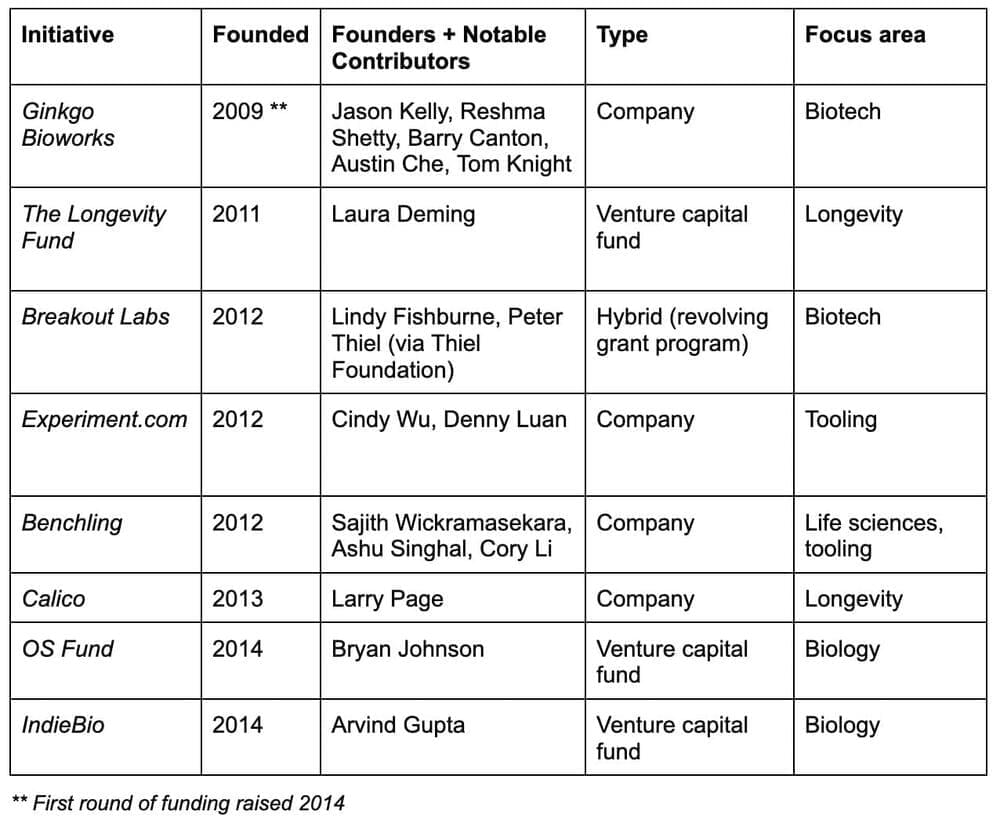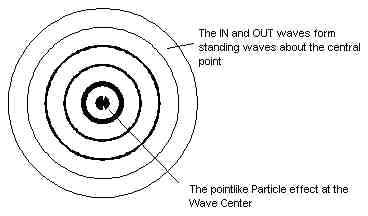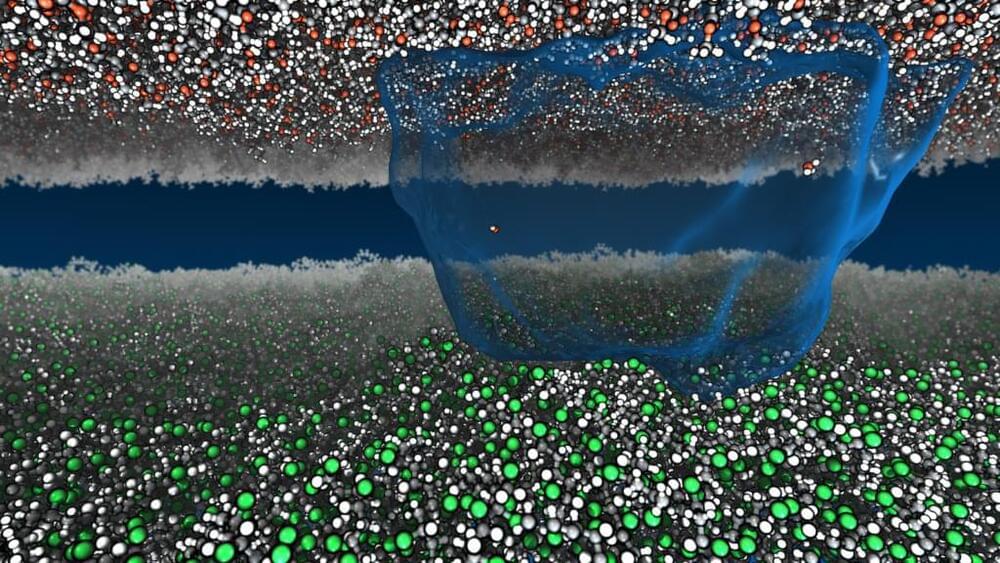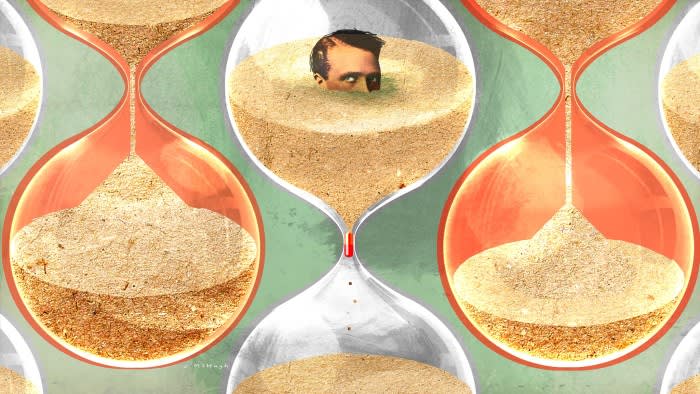May 15, 2024
The Dark Universe: Why we’re about to solve the biggest mystery in science
Posted by Dan Breeden in categories: cosmology, science
Tiny, fuzzy blobs. I’ve spent a lot of time in the last few years looking at images of tiny, fuzzy blobs. They’re only ever a few pixels wide, like smudges on a photo, but they could be the key that unlocks the mystery of dark matter.
The blobs are galaxies: swirling pools of stars and planets suspended in space, millions of light-years away from Earth. The images were collected by an advanced camera with a 1m (3.3ft) lens mounted on the giant Victor M Blanco Telescope, 2,200m (7,200ft) up in the mountains of the Coquimbo Region of Chile.


















